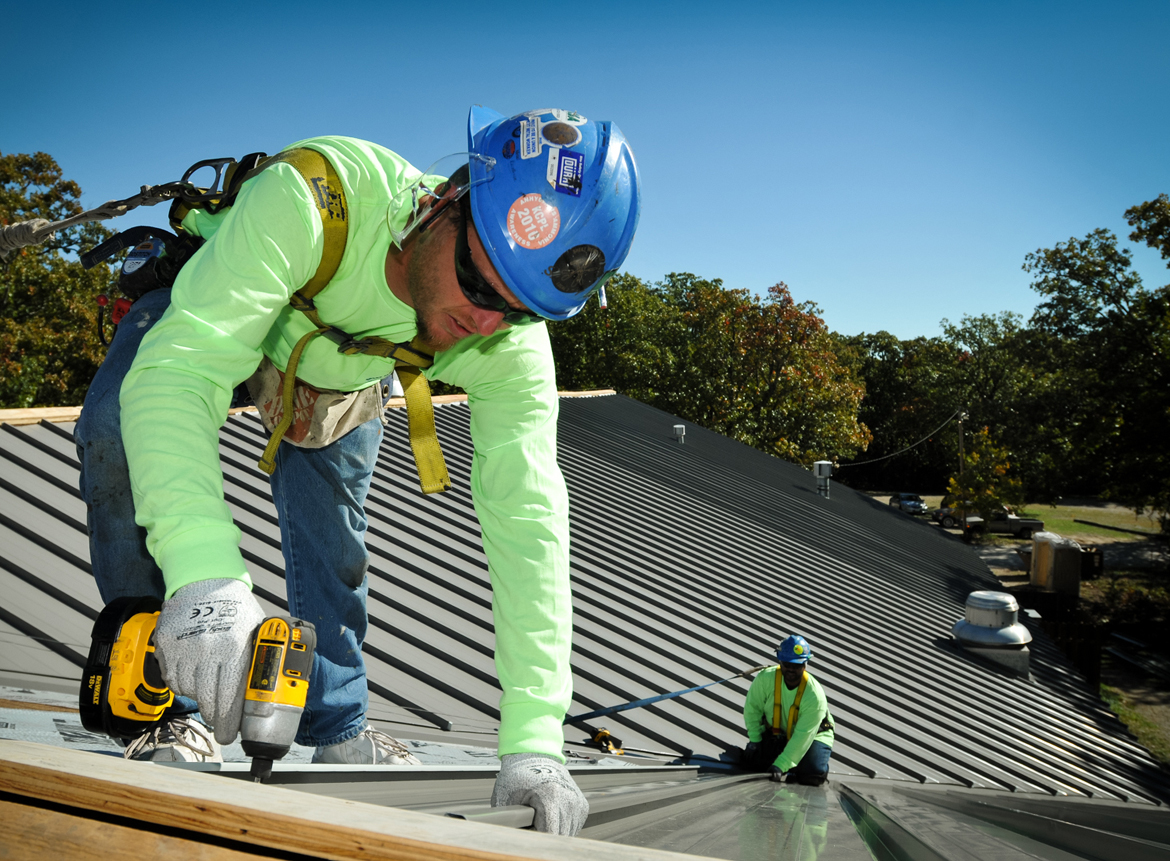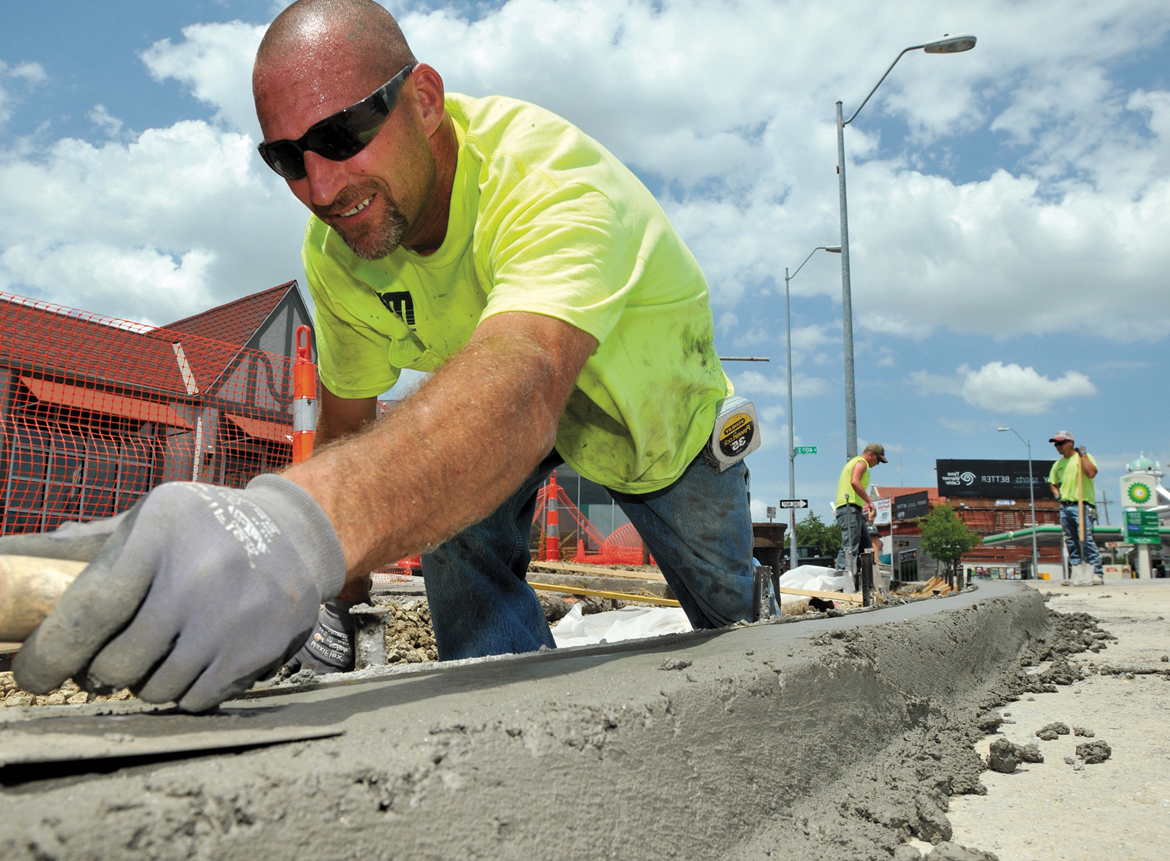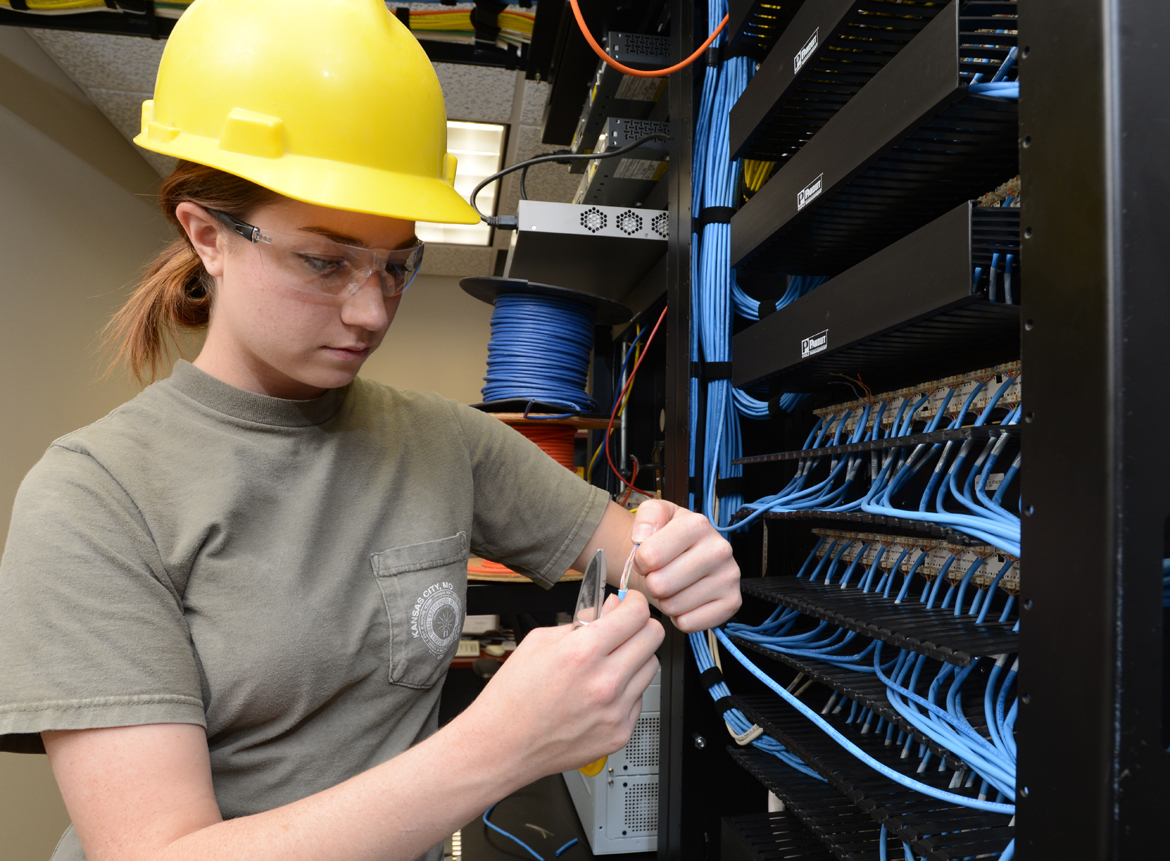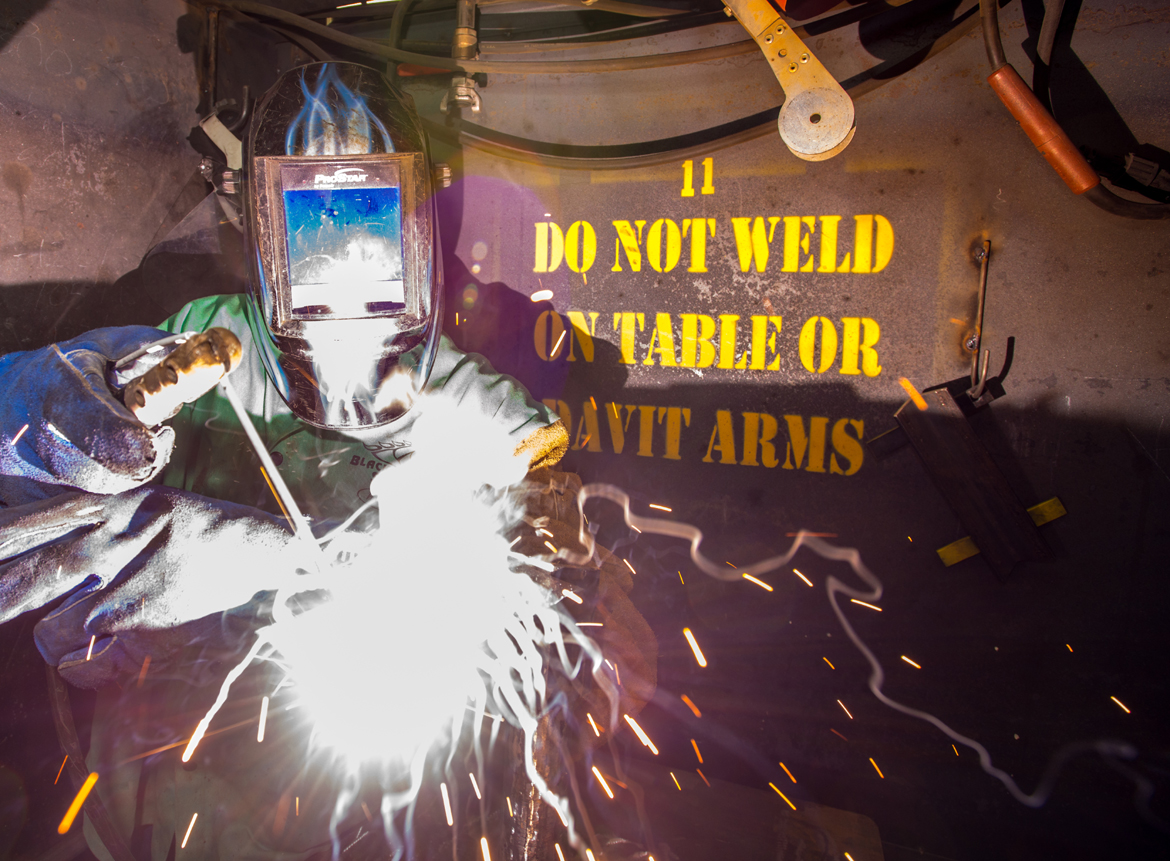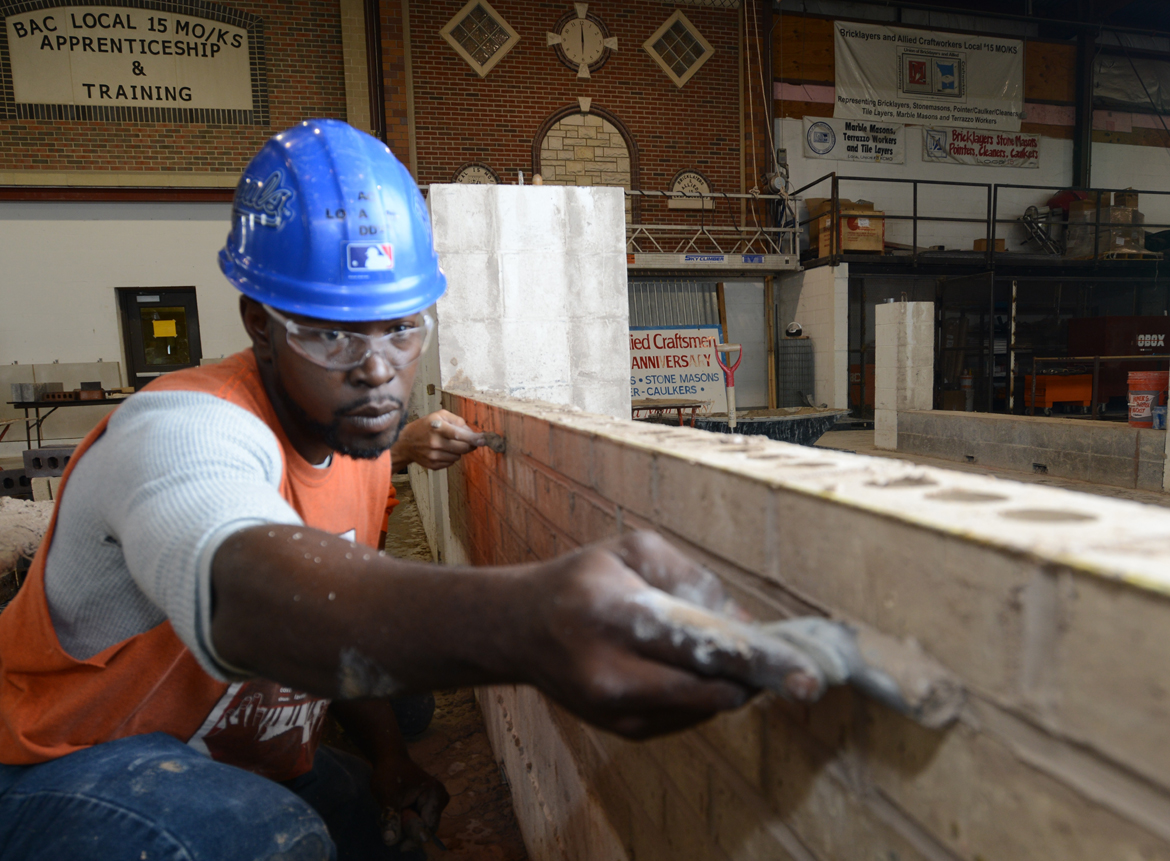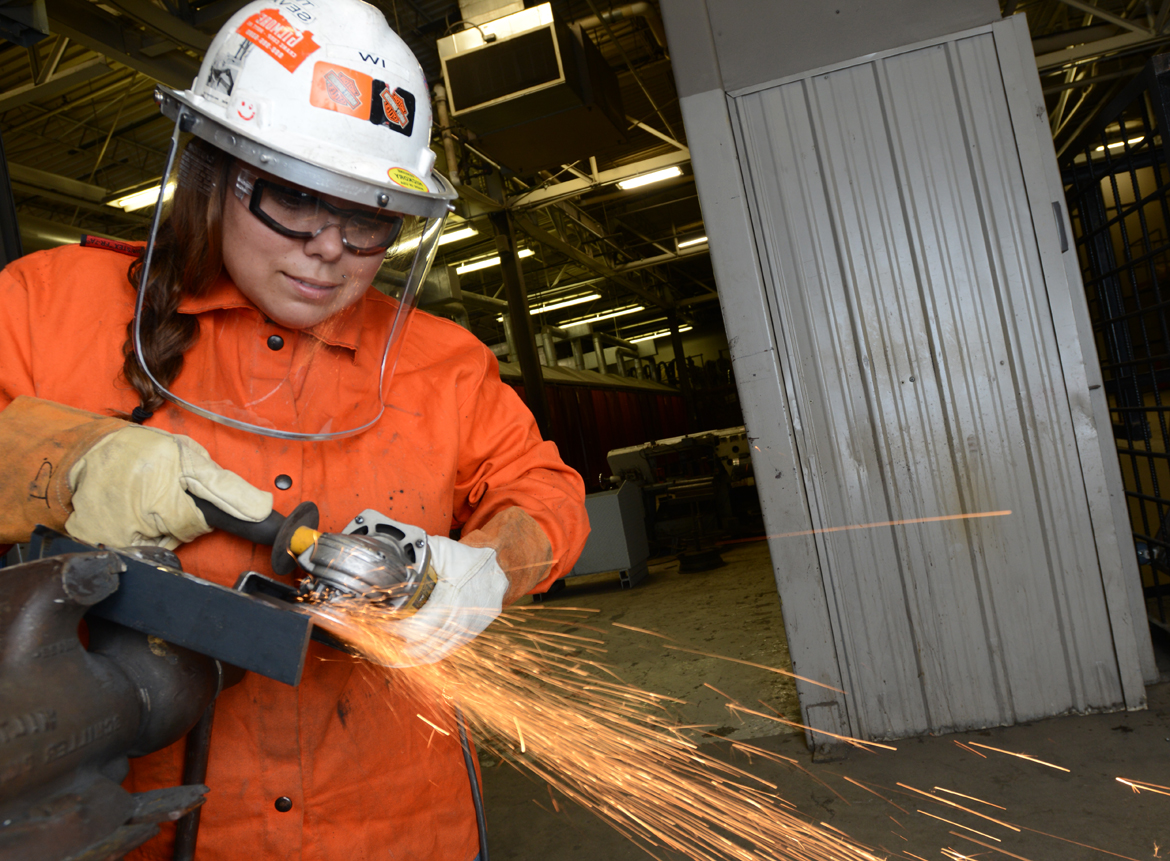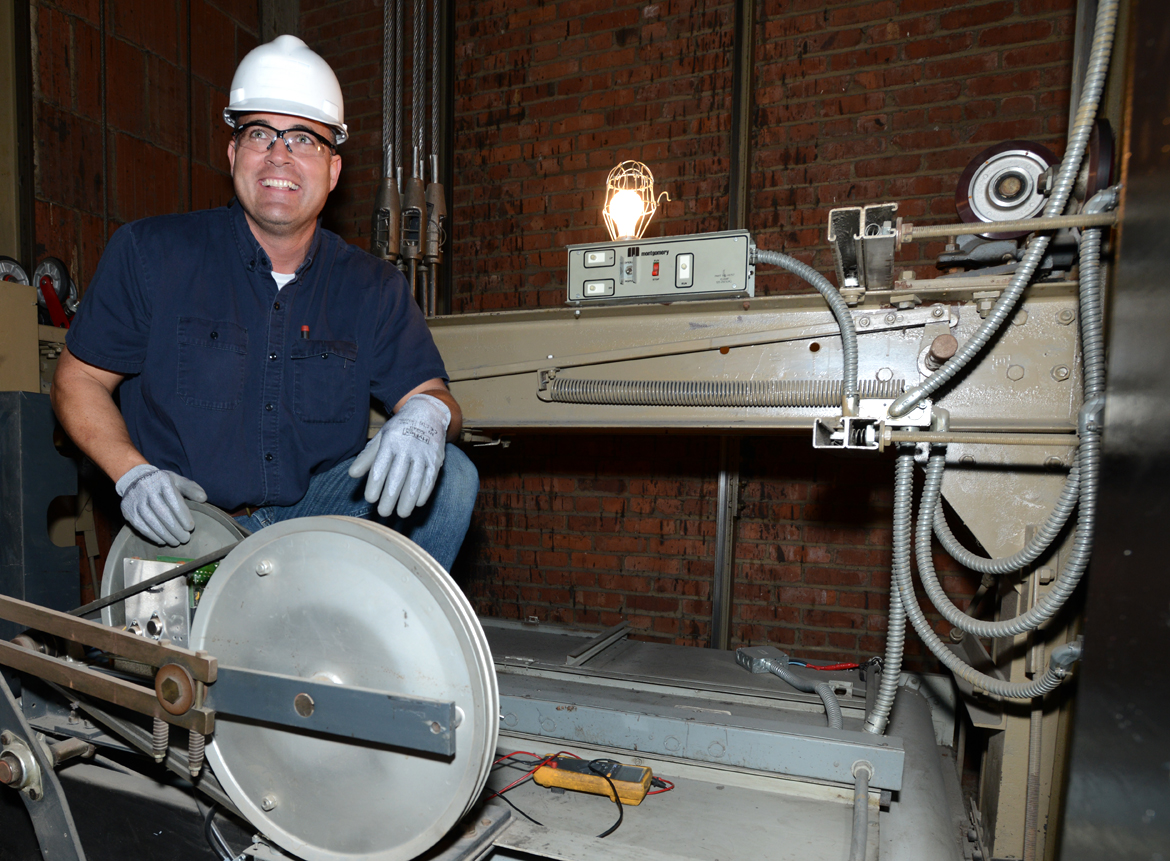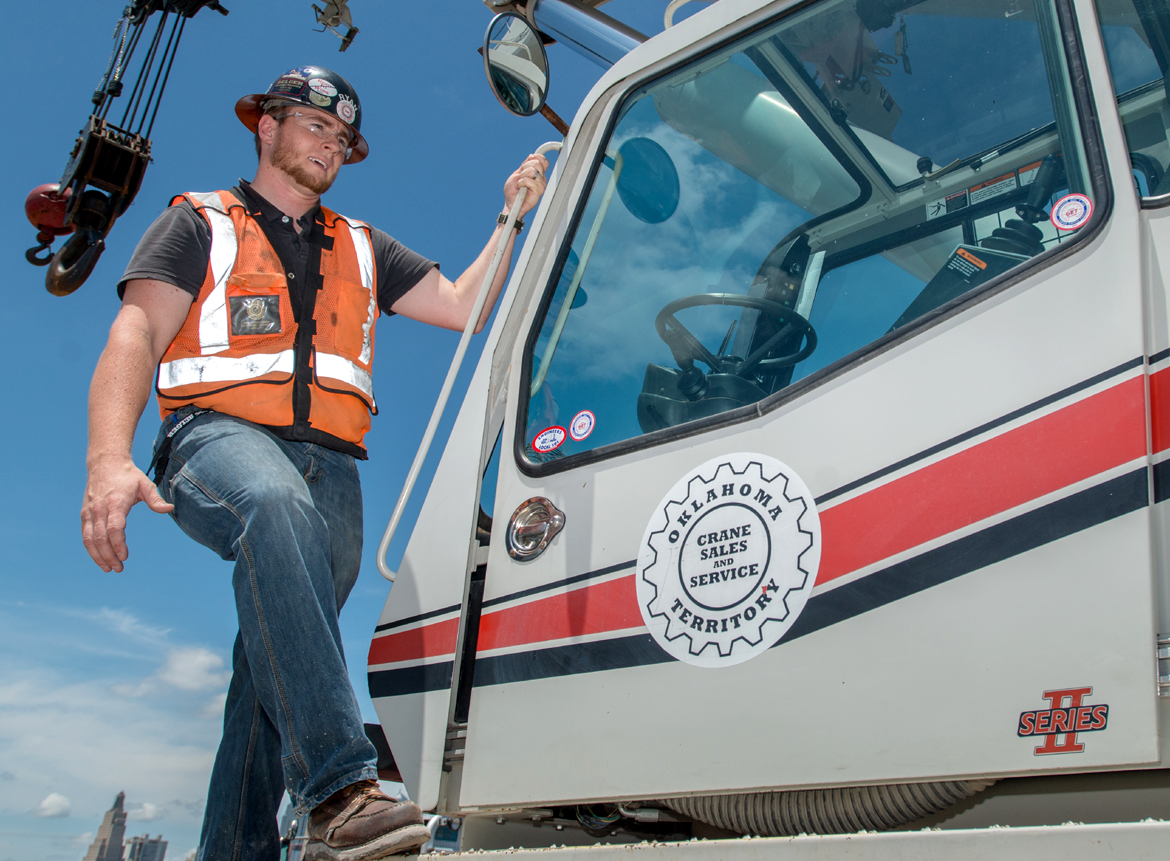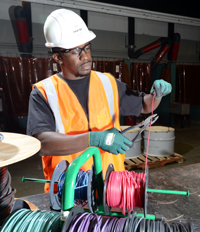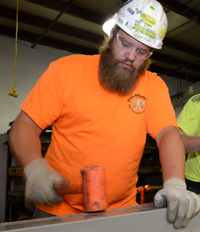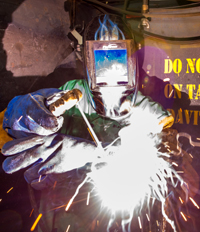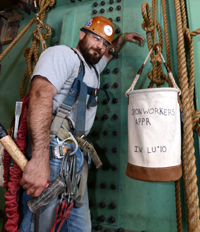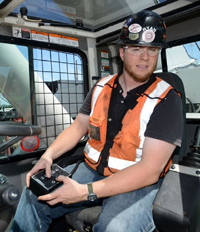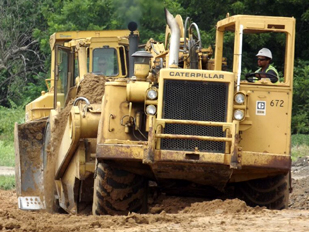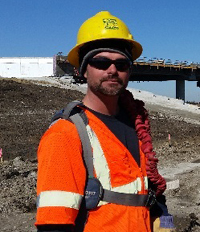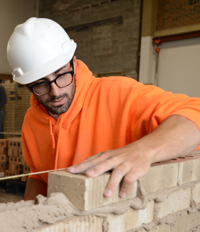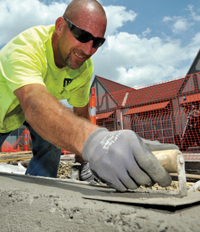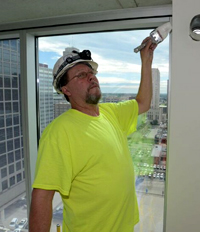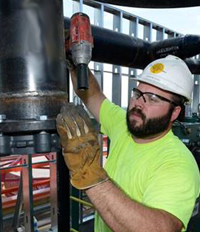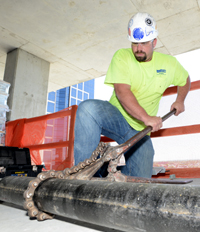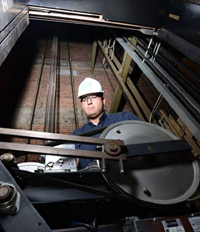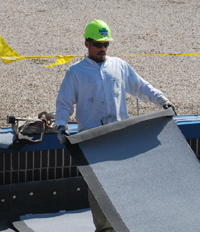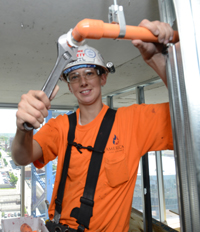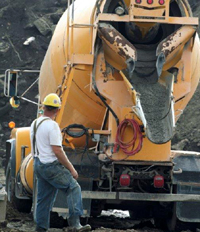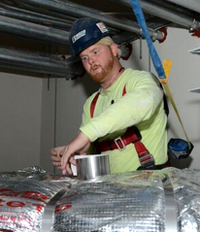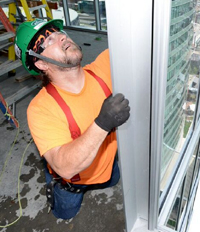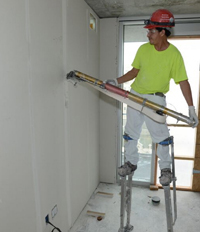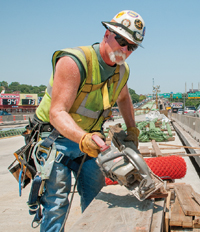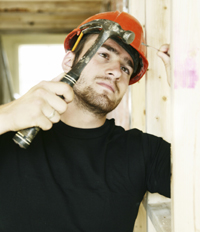
Better wages.
Better conditions.
Better results.
Get rolling and connect with the building trades.
Stand With Unions
Stand with Unions and the Middle Class Against Corporate Greed
Unions protect the interests of workers. Prior to Unions, workers often worked in horrible conditions that were unsafe and not humane. Big business owners and CEOs continue to see workers as expendable, literally, lives and livelihood aren’t as important as profits to make corporate executives even wealthier. Thanks to Unions, the work place is safer and more people share in the American dream but the health and livelihood of workers are still threatened by corporate greed. The collective voice of workers, through Unions, allows a “seat at the table” to discuss fair wages, healthcare and retirement for the reliable, skilled and quality work delivered by the Union workforce. America is stronger with strong, middle-class families, but aristocrats ever-eager to make more money are spending lots of cash to confuse the public and tear down unions. Know the Issues!
Blue Collar Occupations are worthy of the best
Elitists who disregard those choosing to not take white-collar jobs often make assumptions on the value of those in labor. Skilled professionals have a tremendous amount of training required to be certified in the building trade professions. The trades often apply technical math and physics to complete their job. Many choose labor for its physicality versus working behind a desk or like the earn while they learn apprentice programs to get a career without the college expenses and debt alternative. The quality of society, and our economy, is critically dependent on the strength of those who build and maintain our infrastructure, constructing the world’s finest and safest buildings, roadways, bridges, power plants and more.
“Right to Work” is Wrong for America
The phrase “Right to Work” may sound good, but it is driven by a wealthy few that get richer and further the wage disparity between workers and CEO. The facts are “Right to Work” is bad for workers, businesses and the economy. It drives down wages, healthcare and creates a dangerous workplace for everyone. Businesses want a healthy economy fueled in part by good jobs, skilled labor and a solid infrastructure that the Building Trades Unions bring. Right to Work proponents say workers should have a choice to be in a union or not on the hopes to weaken the collective bargaining and essentially give those that do not pay for the bargaining a free ride to enjoy the benefits of the union without being in the union. Freeloading isn’t right and it is what is wrong with “right to work”.
Prevailing Wage Laws are a Positive Force for All
Prevailing wage statutes simply sets a floor on workers hourly wages and benefits who work on government contract jobs. The floor is the “prevailing wage” and standards for that community. Having prevailing wage laws keeps predatory companies that travel around and try to undercut the local bidders using migrant workers the stipulation that they’d also have to pay their workers the same fair pay standards of the community where they work. Often the argument is government could get more by paying less, but the facts are the cost of labor is far more than wages, it is health, pension, payroll taxes and training investments. Cutting training and critical benefits and protections are not a solution.
Take Action
While we all share in the desire to cut waste and protect our constitutional freedoms, the livelihoods of the American workers are fundamental to the American dream. Making a decent living and having safety, healthcare and retirement protections are necessary to live.
Make sure you are registered to vote.
If you work out of town or traveling, be sure to get your
absentee ballot. It is easy. For information about registering to
vote:
Missouri - http://www.sos.mo.gov/elections/goVoteMissouri/register.aspx
Kansas - https://www.kdor.ks.gov/apps/voterreg/default.aspx
Explore Careers
Career options in the Kansas City metro area
(click a card to explore)
Frequently Asked Questions
(click a question to show answer)
Careers in the Building Trades offer an excellent way to stay fit and healthy (think crossfit, versus being chained to a desk).
Unlike many "desk jobs" in our country, the job of a skilled individual who helps build an American building, stadium, power plant, arena or road cannot be outsourced to a worker who lives half-way around the world.
Most unions provide opportunities for additional training and career advancement even after you become a full-fledged member of the trade.
- How do I determine which trade is best for me?
- What is a typical day like for people who work in this trade?
- Are these jobs year-round?
- How much is the average pay?
- What are the benefits? For example, will I be offered health insurance for me and my family?
- Do I work as a contractor or an employee?
- How do I get into the apprenticeship program?
- How long will it take me to be fully trained?
- After I become a full-fledged member of the trade, what kinds of additional training can I receive that will enable me to advance further in my career?
Today’s lean, productive, technologically savvy trades are looking to teach world-smart young men and women like you a lifetime skill.
The bottom line: We’re offering you a chance to be the best, to BE YOUnion!

